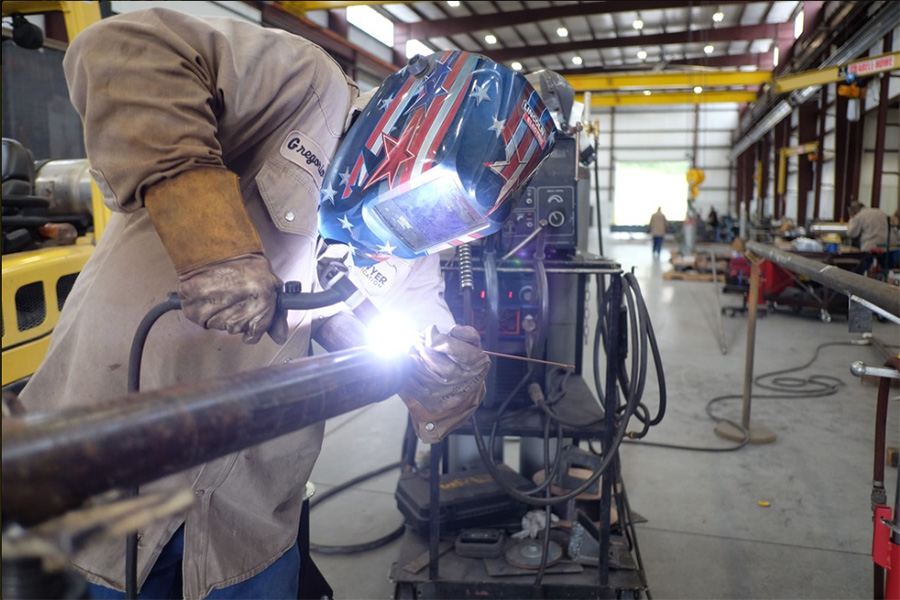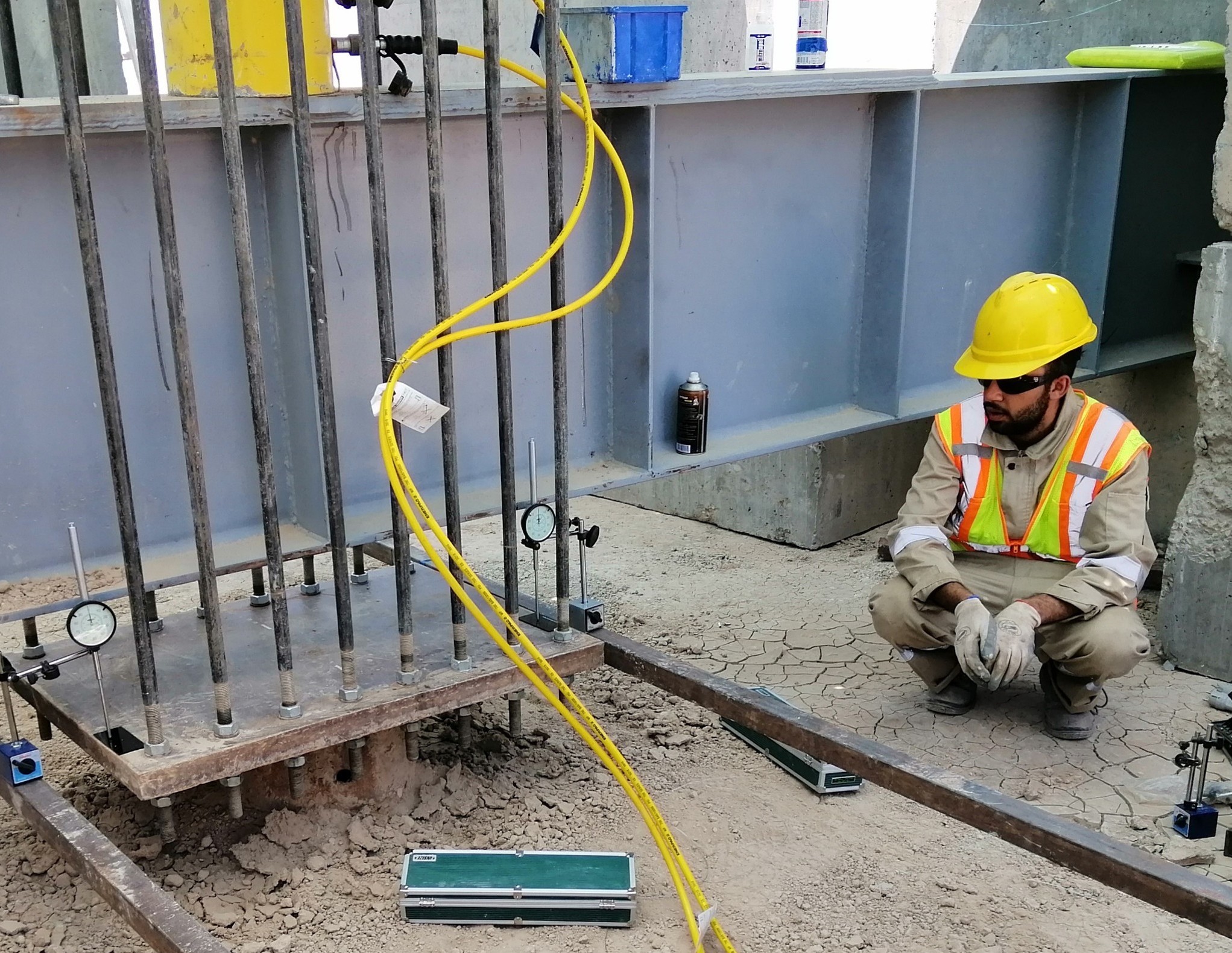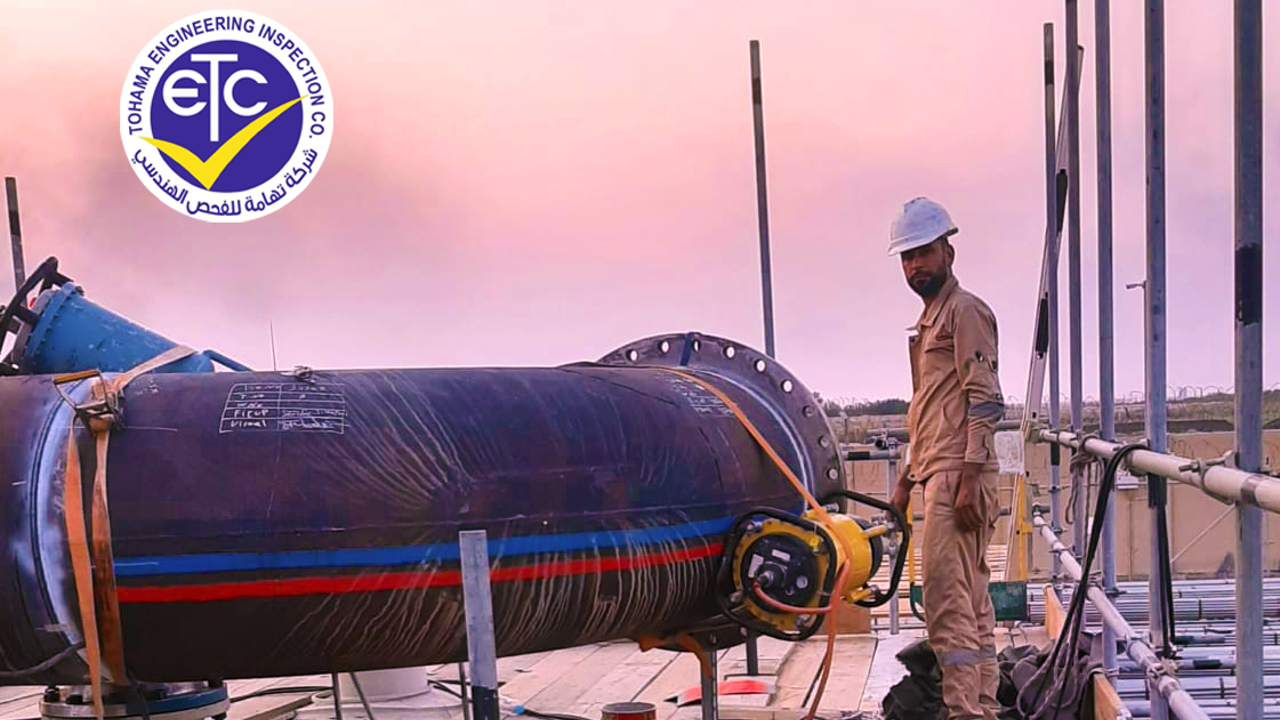- info@tohamainspection.com
- Basra – Al-Zubair Main Street, opposite Internal Security from the Mohandiseen District side
Procedure Qualification Record (PQR) Inspection

Procedure Qualification Record (PQR) Inspection
Introduction
The Procedure Qualification Record (PQR) is a critical document in the welding and fabrication industry. It serves as a formal record that a specific welding procedure has been tested and meets the required code or standard. The PQR verifies the mechanical properties of the weld joint and ensures its reliability and performance under designated service conditions.
At Tohama Company for Engineering Inspection, PQR inspections are conducted with precision to ensure compliance with international standards such as ASME Section IX, AWS D1.1, and ISO 15614.
What is a PQR?
A Procedure Qualification Record is a documented result of a welding procedure qualification test. It records actual variables used during welding, such as:
-
Base material and filler material specifications
-
Welding position
-
Joint design
-
Preheat and interpass temperature
-
Travel speed and amperage/voltage
-
Type of shielding gas
-
Post-weld heat treatment (PWHT), if applicable
The PQR is validated by mechanical and non-destructive testing (NDT), including:
-
Tensile Test
-
Bend Test
-
Impact Test (Charpy)
-
Hardness Test
-
Macro/Micro Examination
-
Radiographic Testing (RT) or Ultrasonic Testing (UT)
Purpose of PQR Inspection
-
To verify the weld's mechanical strength under simulated service conditions.
-
To ensure repeatability and reproducibility of the welding procedure.
-
To certify the welding procedure as acceptable for use on actual construction or manufacturing projects.
-
To support Welding Procedure Specification (WPS) development and approval.
PQR Inspection Process at Tohama
-
Pre-test Preparation
-
Selection of qualified base and filler materials
-
Approval of welding parameters according to WPS draft
-
Calibration of welding equipment and test machines
-
-
Welding Execution
-
Weld performed under controlled conditions
-
All essential variables are recorded in detail
-
Tohama’s Level II/III inspectors monitor and verify the welding parameters
-
-
Testing Phase
-
Destructive Testing (DT): Conducted in certified laboratories (e.g., tensile, bend, impact tests)
-
Non-Destructive Testing (NDT): Radiography, UT, PT, or MT for internal defect detection
-
All tests are conducted according to applicable codes (ASME, AWS, ISO)
-
-
Documentation and Reporting
-
Results are compiled into a formal PQR report
-
Includes material traceability, welder IDs, testing outcomes, and certifying signatures
-
The report is reviewed and approved by Tohama’s QA/QC department
-
Applications of PQR
-
Oil & Gas pipelines
-
Power generation and pressure vessels
-
Structural steelwork and bridges
-
Offshore platforms and refineries
-
Petrochemical and water treatment plants
Tohama's Expertise in PQR Inspection
Tohama employs certified NDT and welding inspectors (ASNT Level II, TWI-certified) and operates fully equipped mechanical testing labs to perform and verify all PQR-related testing. Our services comply with ISO 17025 and ISO 17020 quality standards, ensuring:
-
Accurate data and results
-
Traceable and documented processes
-
Compliance with client specifications and international codes
Conclusion
Procedure Qualification Record (PQR) inspection is a cornerstone of quality assurance in welding engineering. Tohama Company ensures the highest level of compliance, safety, and documentation integrity through professional execution, certified personnel, and advanced testing methods. We help clients across sectors secure reliable welding procedures that perform safely in demanding environments.



